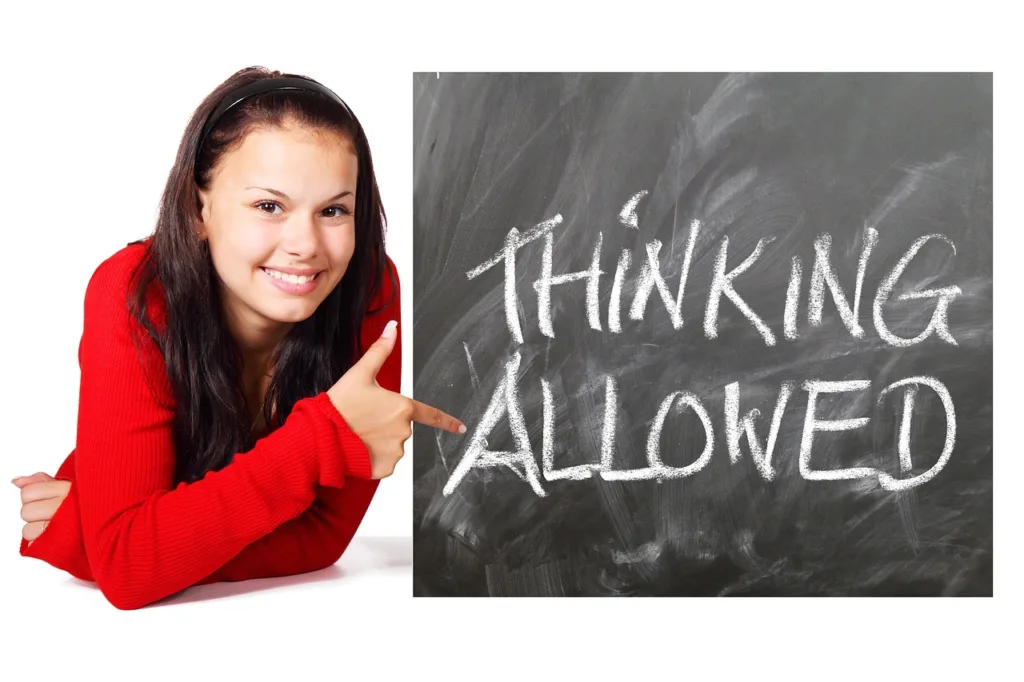The Permissive Parenting Style: Definition, Examples, Pros and Cons, Effects, and Child Outcomes
Table of Contents
As a parent, we want what is best for our children. We want them to grow up happy, healthy, and successful. However, parenting can be a tricky business, and there are many different approaches to raising children. One such approach is permissive parenting, which is characterized by a relaxed and indulgent attitude towards parenting.
Permissive parenting is a parenting style that is often described as lenient or indulgent. This style of parenting is characterized by low levels of control and high levels of warmth and responsiveness. In permissive parenting, parents tend to be more laid-back and allow their children to make their own decisions, even if it means they may make mistakes.
Examples of Permissive Parenting
Examples of permissive parenting include parents who allow their children to set their own rules and boundaries, and who do not enforce consistent discipline. They may avoid setting limits or consequences for their child’s behavior, and they may give in to their child’s demands or requests more often than not.
Permissive parenting can also involve being overly involved in a child’s life, to the point of being intrusive. This can include being overly involved in a child’s decisions, hovering over them constantly, and doing everything for them.
The Pros and Cons Of Permissive Parenting
Pros
One of the pros of permissive parenting is that it can promote a close relationship between parent and child. By being warm and responsive, parents can create a strong emotional bond with their child, which can help to promote positive outcomes in the child’s life.
Cons
However, there are also several cons of permissive parenting. One of the biggest drawbacks is that it can lead to behavioral problems in children. Without clear boundaries and consequences for their actions, children may struggle to regulate their behavior and make good decisions. This can lead to issues such as poor academic performance, substance abuse, and delinquency.
Extras
Another potential downside of permissive parenting is that it can create entitlement in children. By constantly indulging their children’s desires and wants, parents can inadvertently send the message that their child is entitled to everything they want. This can create unrealistic expectations and make it difficult for children to learn the value of hard work and persistence.
Effects of Permissive Parenting
The effects of permissive parenting can be far-reaching and long-lasting. Children who grow up with permissive parents may struggle with self-regulation, emotional control, and decision-making skills. They may also have difficulty developing strong relationships with others and may struggle with social skills.
In addition, permissive parenting can lead to problems in academic and career success. Children who are not held accountable for their actions and are not taught the value of hard work may struggle to achieve their goals later in life. This can lead to a lack of motivation, poor grades, and difficulty finding employment.
Child Outcomes of Permissive Parenting
The child outcomes of permissive parenting can vary depending on a number of factors, such as the child’s temperament and the specific parenting practices used. However, in general, children who grow up with permissive parents may struggle with emotional regulation, impulse control, and social skills.
They may also struggle with academic performance and may have difficulty achieving their goals later in life. However, it is important to note that not all children who grow up with permissive parents will experience these negative outcomes, and there are many factors that contribute to a child’s development and success.
In Conclusion
Permissive parenting is a parenting style that is characterized by a relaxed and indulgent attitude towards parenting. While it can have some benefits, such as promoting a close relationship between parent and child, it can also have negative effects on a child’s development and success. It is important for parents to consider the pros and cons of permissive.
FOR MORE VALUABLE TIPS BUY OUR PARENTING COURSES AT https://www.kidzoot.com/courses/
CONSULT YOUR PERSONAL PARENTING SOLUTIONS VIA APPOINTINTMENT AT https://www.kidzoot.com/appointment-booking/
Follow Us on Twitter www.twitter.com/kidzootworld

